3 Fabulous Ways to Support Your Paraprofessionals
June 28, 2022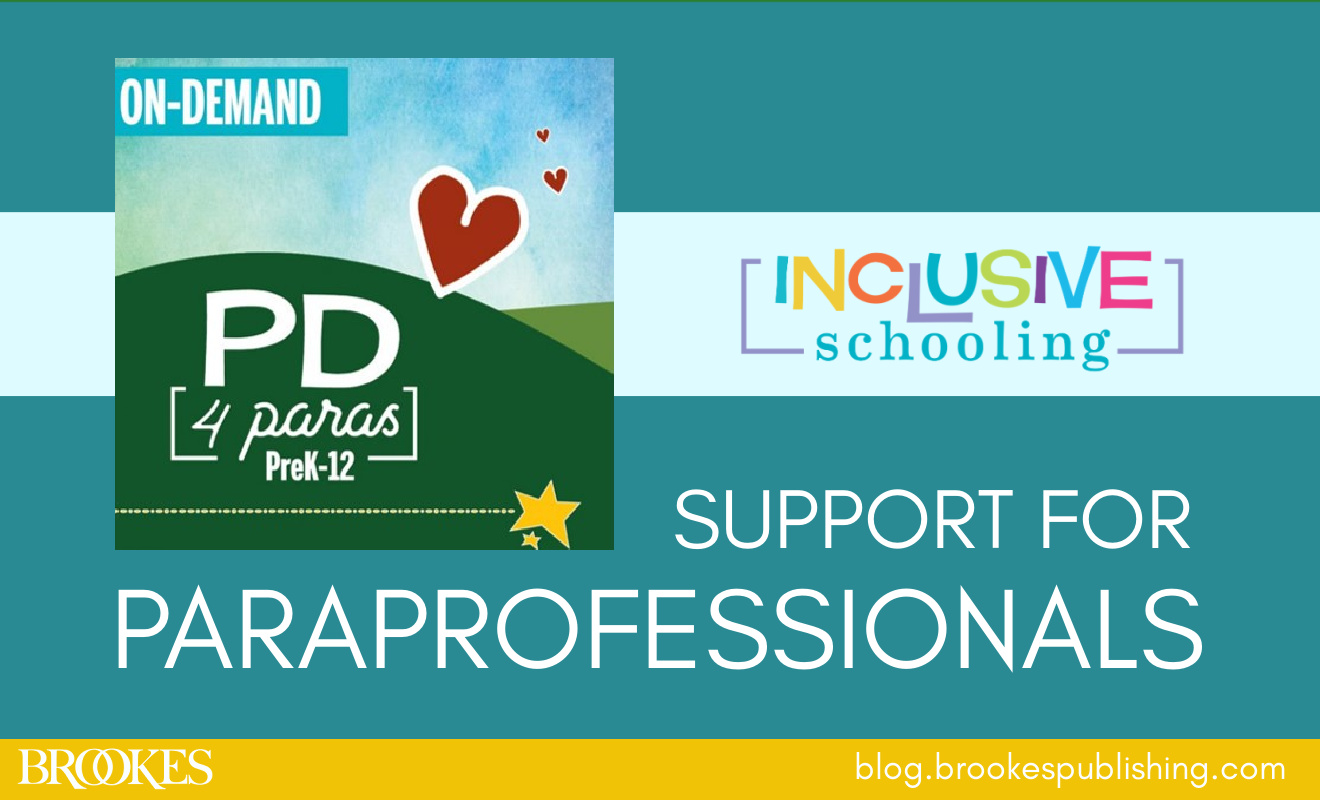
Today’s post is a guest blog by Dr. Julie Causton, Dr. Kristie Pretti-Frontczak, and Dr. Kate MacLeod of Inclusive Schooling. These three inclusive education experts are here to share strategies for supporting paraprofessionals—and introduce a great new training opportunity for them!
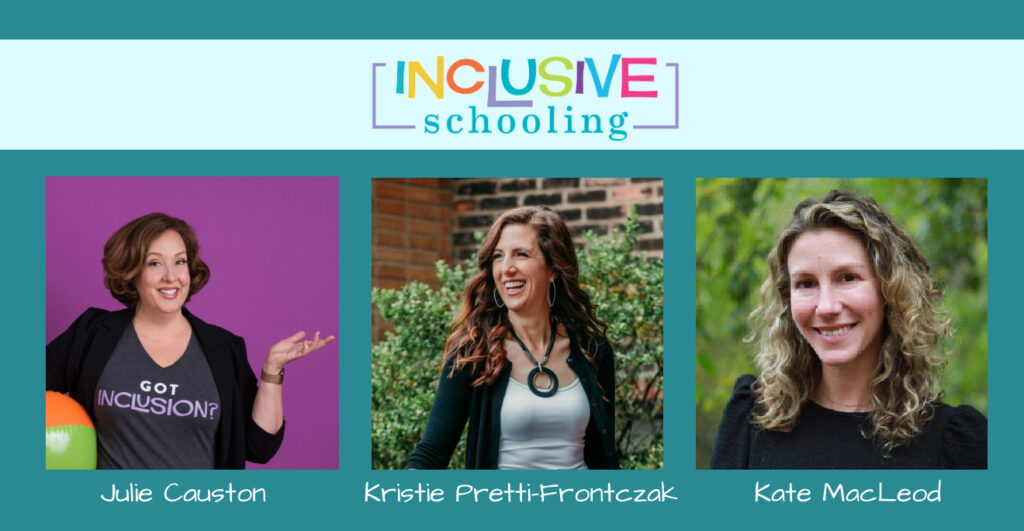
***
“Our paraprofessionals need more training and support!”
Does this phrase sound familiar? Maybe you’ve even said those very words to someone today.
In our work with hundreds of school districts around the world, we know that paraprofessionals rarely get the type of in-depth training they need to support some of our most awesome, yet challenging students. But we no longer need to accept this as fact! Supporting your paraprofessional workforce to deeply understand the practices and strategies that help students succeed is a huge part of creating a truly inclusive school.
In this blog post, we are sharing 3 tips to help you make your dream of highly trained paras (also known as teaching assistants, educational assistants, aides, etc.) a reality.
Tip #1: Get clear on what you want paraprofessionals to know.
We have dedicated our lives to inclusive education, and in our role as inclusive experts, researchers, authors, and teachers, we have developed a clear understanding of the specific professional development needed to support paraprofessionals. Whether your school is just beginning its inclusive journey or you are already well on your way, the following topics should be front of mind when providing training for paraprofessionals:
- What inclusive education is and why is it important
- How paraprofessionals work as a member of a collaborative team
- How paraprofessionals understand the IEP and provide accommodations and modifications inclusively
- How paraprofessionals support students with behaviors that are challenging
- How paraprofessionals provide natural supports and on-the-fly supports, and how to make sure they are fading adult support as often as possible
Tip #2: Get strategic with time and methods.
Paraprofessionals rarely have enough time for training, not to mention meaningful and effective training. But all adult learners are more effective at their jobs when they receive support, practice, and real-life examples related to the challenges they face.
For paraprofessionals, who come to school with a variety of experiences and understanding about education and inclusion, this means they not only need to learn about highly effective strategies, they also need engaging activities, tons of practical examples, and time to try out new skills and strategies in the classroom.
To make sure paraprofessionals have these types of meaningful and effective training experiences, you’ll need to get strategic. We recommend that you:
- Use recorded and on-demand training that can be used to on-board new staff and fine-tune the practices of veteran paras. On-demand training allows for use and reuse, or what we often call “just in time” training. On-demand training also makes it possible to finally do away with the “we don’t have time!” issue, because paraprofessionals can access the training at any time and can revisit learning when needed.
- Secure training materials and resources that include a variety of learning experiences, such as videos, podcasts, handouts, practical activities, and reflection and discussion prompts.
- Strategically schedule training sessions to allow paraprofessionals to practice new learning in the classroom and get feedback before diving into the next topic or practice.
- Create a “book club” or Community of Practice for paraprofessionals from across grades and/or buildings—and invite general educators, too!
Tip #3: Set expectations and give feedback.
Once you get clear on what paraprofessionals are learning and how they will learn it, you’ll want to give your paraprofessionals (and educators) clear expectations and feedback around new skills so that everyone is on the same (inclusive) page. For example:
- Communicate the expectation that a priority for all paraprofessionals in your school is to fade 1:1 support of students with disabilities and instead focus on supporting small group work, float around the room to check in on all students, and create material and/or facilitate peer supports for students with disabilities.
- Schedule classroom walk-throughs. All of your paraprofessionals and educators will be in the know regarding the inclusive practices you will look for when you visit.
- Provide feedback. After observations, provide paraprofessionals and teachers with feedback so they can all feel supported in their work. Focus on the strengths of your paraprofessionals!
- Return to the on-demand training to address specific needs as they arise.
Recognize everything that your paras bring to the table—and celebrate the development of a highly-skilled paraprofessional workforce so that as a team, you can create wildly inclusive schools.
PD 4 Paras: The best way to train ALL your paraprofessionals
And now…the most exciting part!
Didn’t we say we could make your highly-skilled paraprofessional workforce dream a reality?
We’ve turned our decades of inclusive education knowledge into an online on-demand course specifically for paraprofessionals: PD 4 Paras!
So if you were reading this thinking yes, I do want to implement these 3 fabulous tips but am not sure where to start…we’ve got you covered. Our on-demand four-part series covers everything paraprofessionals need to know, from dealing with behaviors that are challenging to fading support. The series also includes a variety of learning tools (videos, handouts, PPT slides, reflection and discussion prompts, and even screen break suggestions), a library of related resources (blogs, podcasts, videos, etc.) and a FAQ bonus session covering commonly asked questions for paras.
Get your license for the course today, and be sure to share this post with your director of pupil services or director of special education!
Purchase a district license so that every one of your paraprofessionals (and educators too!) can have unlimited access to the PD 4 Paras course.
Written by Julie Causton and Kate MacLeod, The Paraprofessional’s Handbook for Effective Support in Inclusive Classrooms is the perfect complement to this incredibly useful PD opportunity.
ABOUT THE GUEST BLOGGERS
Dr. Julie Causton, Dr. Kristie Pretti-Frontczak, and Dr. Kate MacLeod are inclusive education experts, speakers, and authors who live, sleep, and breathe inclusive education. Together they work at Inclusive Schooling to support administrators, educators, and of course paraprofessionals, to create more loving and inclusive schools for all learners.


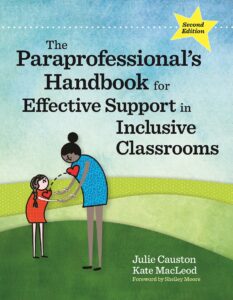
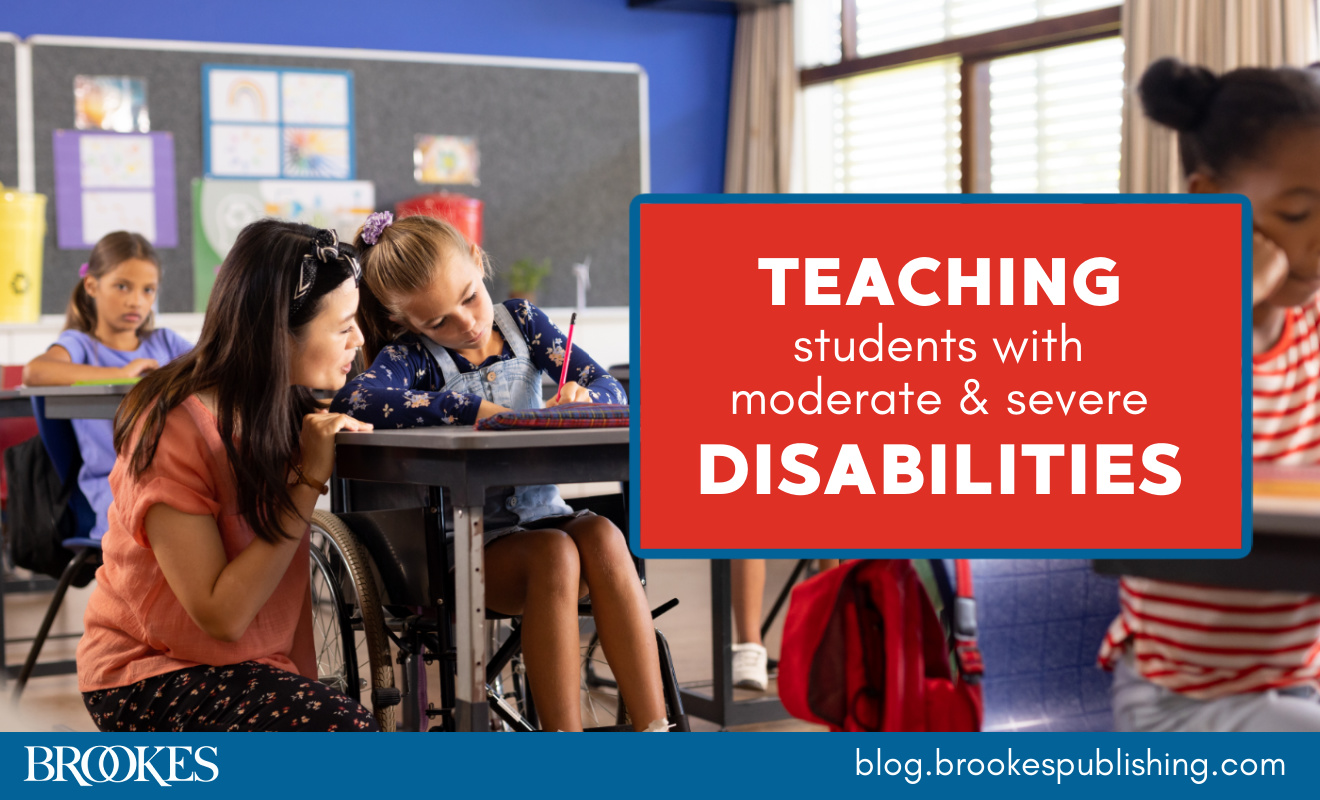
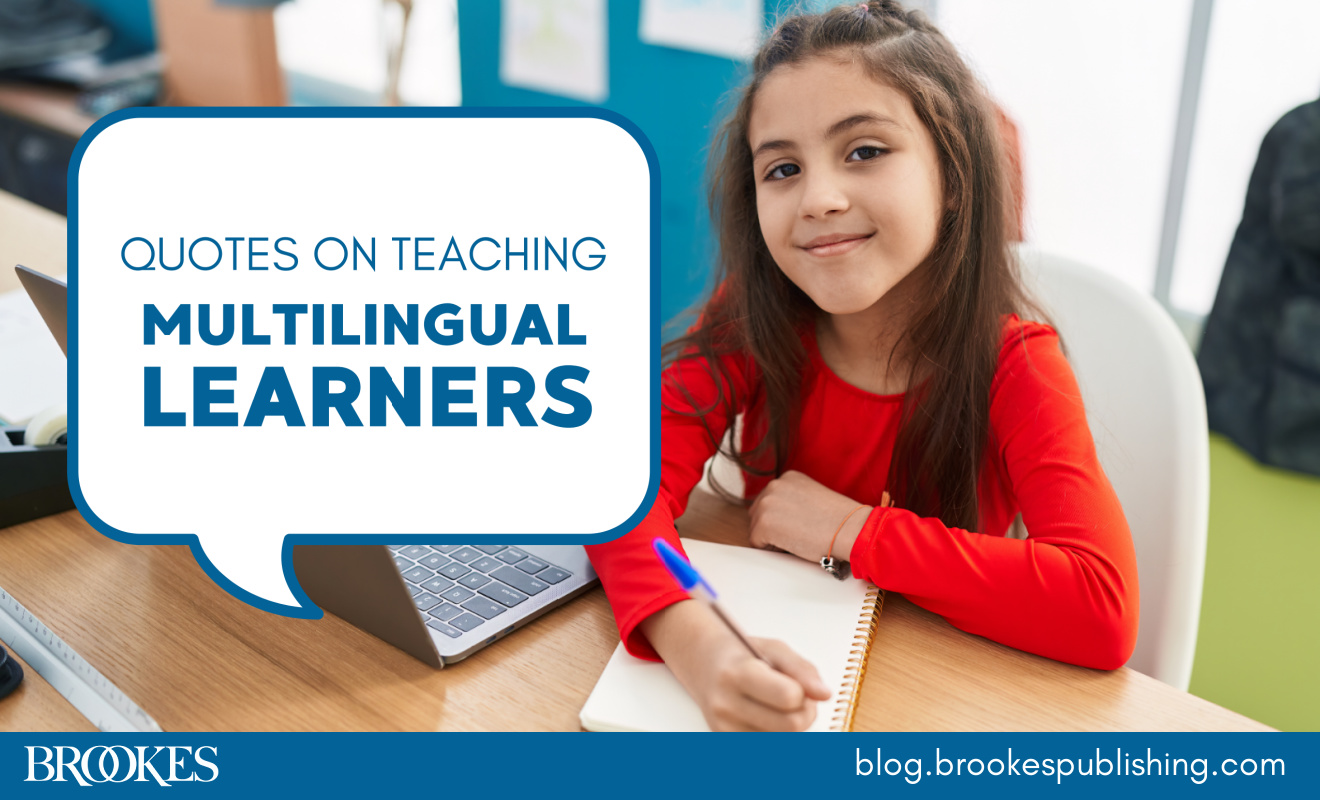

Write a Comment
Your email address will not be published. Required fields are marked *
Post a Comment